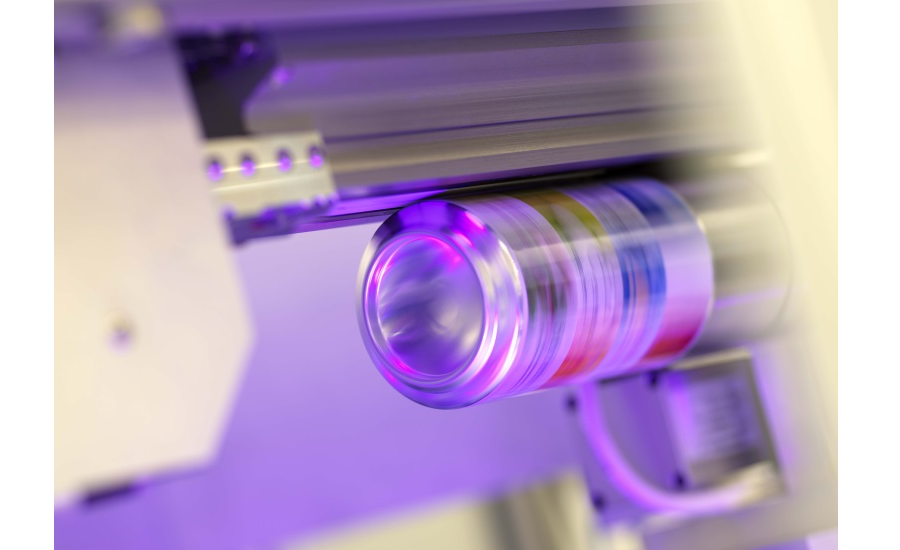The boom of the small independent brewing industry in the UK shows no sign of slowing. In fact, according to a recent report by Siba (The Society of Independent Brewers; siba.co.uk), a new brewery is opening in Britain every two days with one in six independent brewers planning to double levels of production, sales and turnover in the next two years. The trend is boosting the British economy with the beer and pub market sectors now responsible for some 869,000 jobs.
With the various events and festivals now organized around craft produce, in the UK and throughout the world, it’s near impossible to miss the craft beer explosion. Not only that, there are ‘craft beer clubs’ operating in Britain where, for a fee, beer drinkers are provided with a monthly supply of small batch, hand-picked craft beer from around the world, delivered to their doorstep.1
The Siba report states that 56% of produced beer is supplied to free-trade (non-brewery owned) pubs while over 80% of all beer sold by members is sold within 40 miles of the brewery. 17% are now exporting beer with a further 53% interested in doing so. In such a competitive market with plans for increased levels of both production and sales, it’s no wonder then that most breweries made capital investments in 2015, with 13% investing over £100K mainly in expansion of production, modernising equipment and transportation improvements. To aid the entry into new markets and exports many breweries are looking to canning their beer.
Of course, a growing market is a competitive one and while independent craft brewers continue to enjoy this rapid growth, larger brewers are also looking to capitalize on investments in this market, through mergers and acquisitions, and their own small batch brews. We saw this in early 2016, with the AB InBev takeover of UK based Camden Town Brewery, a brewery which has taken on canning their product, alongside their bottling and keg products2.
While cans are undeniably becoming extremely popular, there is still a lack of ability to provide small batch brews in cans with the same print quality as mass produced product. This is due to traditional processes and the economic crossover point of the suppliers, with minimum order quantities of around 150,000 cans and long lead times creating a barrier to the fluidity and potential rapid growth of small, independent brewers who need batch sizes of 10,000 to 50,000.
Until now, the only alternative for small batch brewing to be packaged in cans is to utilize indirect label printing at a considerable additional cost to conventional manufactured cans. New digital can printing technology addresses these issues while opening-up a whole new world of opportunity. Digital print technology for beverage can decoration, whether for craft beer or non-alcoholic craft beverages, wines or RTD’s can deliver the variety, flexibility and choice that producers need to succeed. In fact, with limited edition flavorings or one-off special brews increasing in popularity, packaging can help a brand stand-out.
“Digital print teamed with customization has transformed the packaging industry as we know it today. Personalised, one-off cans as produced by Tonejet’s direct-to-can printer are a revolutionary step in packaging for aluminium cans. For all canned beverages from soft drinks and energy drinks to pre-mixed alcoholic cocktails and even wine. For small volume brewing from either small or large brewers, in a competitive market, this type of packaging innovation is guaranteed to generate brand recognition,” says Martijn van Buuren, Broad Green Partnerships.
From a cost perspective alone, Tonejet direct to can digital printing is roughly 20 times cheaper than label printing for cans.
With the inherent nature of digital print and minimum orders of almost one, brewers are now provided with virtually limitless personalization opportunities. Not only that, but as the technology is capable of printing several batches a day, product time-to-market is decreased too, enabling brewers to respond quickly to seasonal trends or produce and can key beverage brands for events or social media campaign, opening-up new business opportunities.
True personalized packaging, made available from printer manufacturers such as Tonejet, are key to unlocking significant investment opportunities, for a variety of craft beverage packaging business models – be that simply as a financial investor or in setting up individual custom digital can printing operations.
In the USA, small batch beverages have been canned for some 20 years with a variety of mobile canning companies offering a canning service at the brewery when the beer is ready. By example, a recent Tonejet customer in North America is setting up a contract can printing company, buying in blank cans and printing smaller run orders for local craft brewers. With no order constraints, even before the system is installed, its order book was full for several months in advance. They are already expecting to invest in a second system to meet demands.
In the UK, with an increased focus on branding and customer communication, there is a huge opportunity for such canning operations, whether that be for small and contract brewers, beverage producers, printer converters or potential investors.
This article was submitted by Tonejet, Tonejet.com.
1. https://www.beer52.com/
2. Wall Street Journal, http://www.wsj.com/articles/sabmiller-ab-inbev-agree-on-deal-in-principle-1444717547

